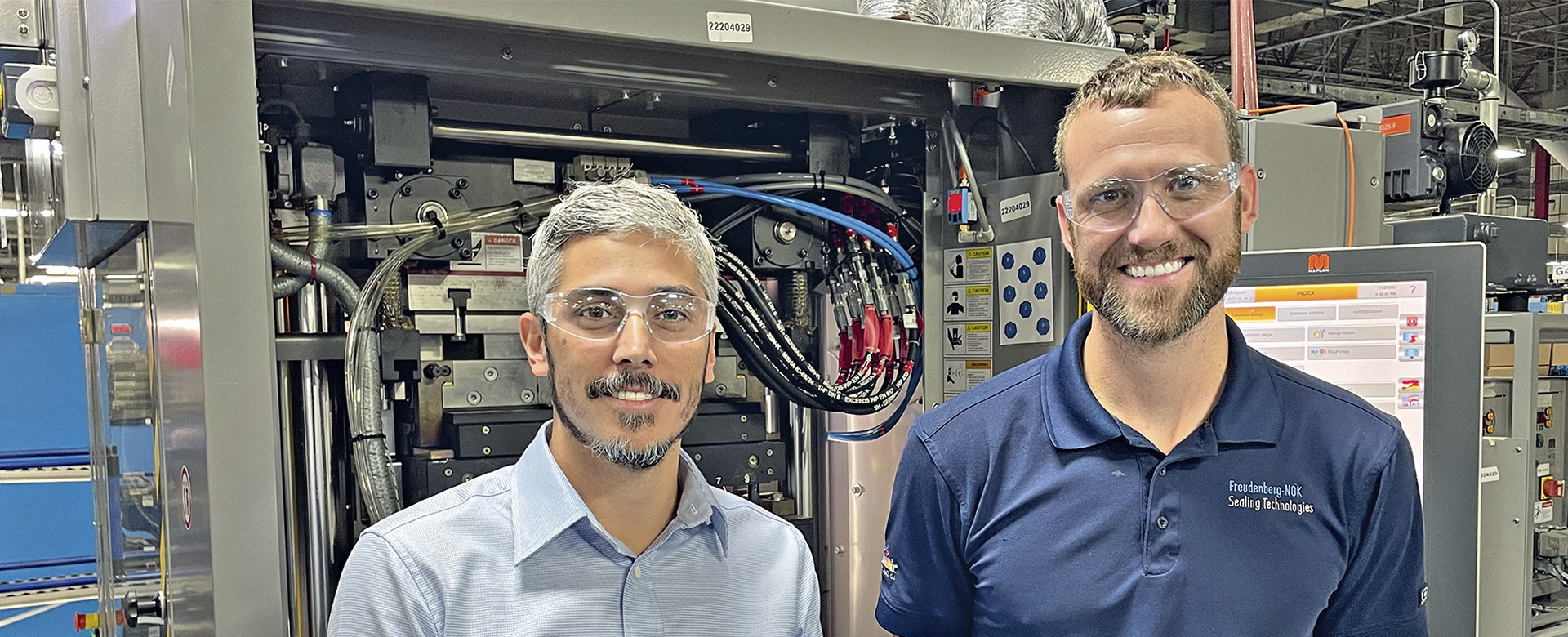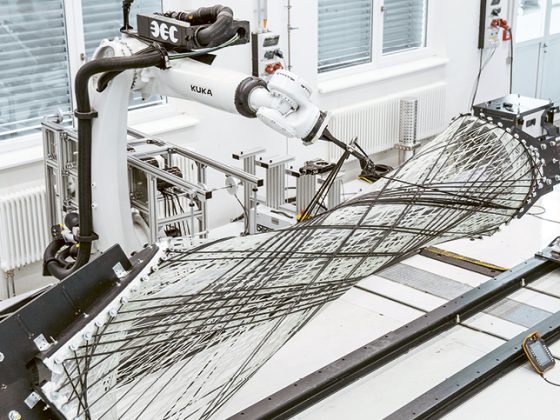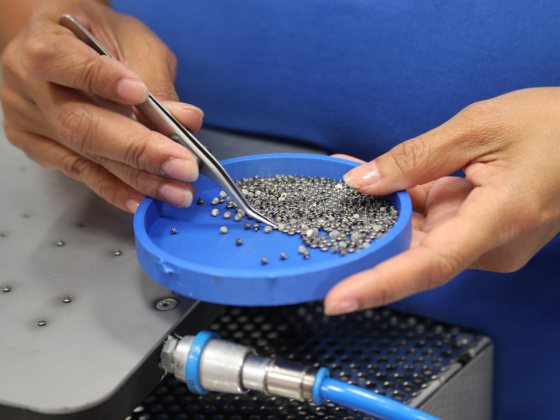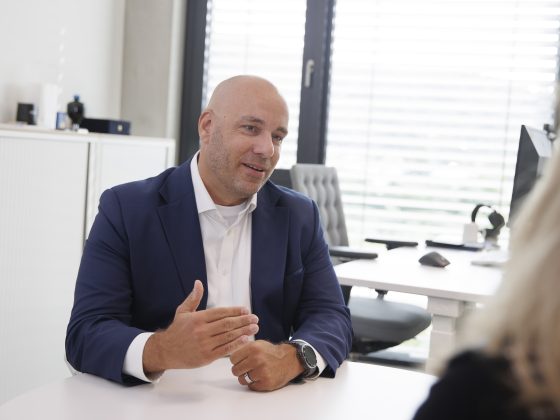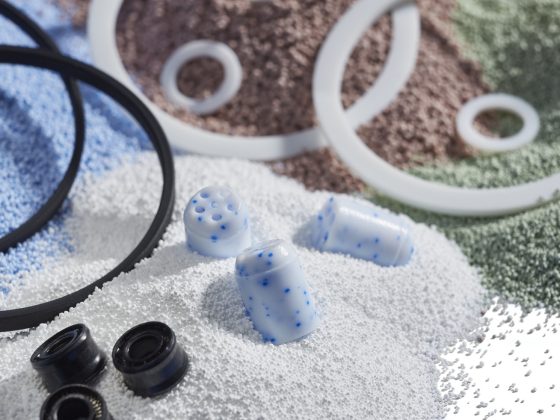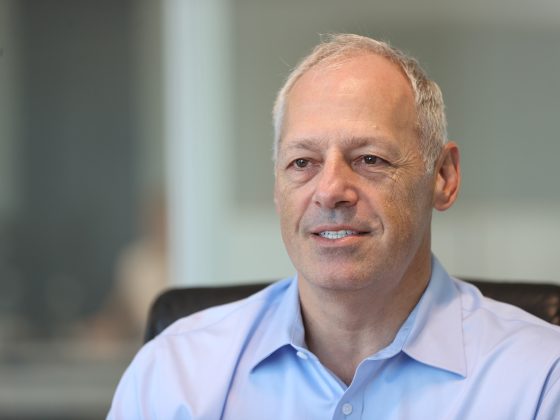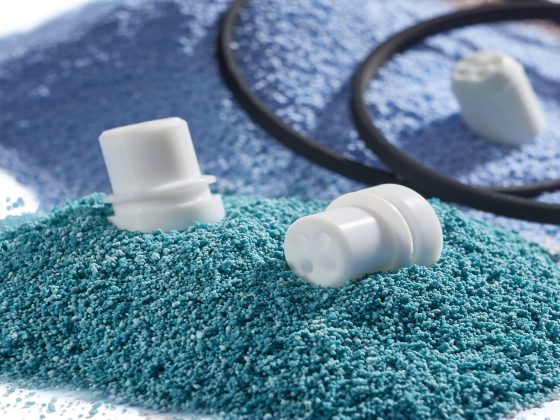Technical directors are playing a stronger role in the reorientation of the Freudenberg Sealing Technologies (FST) divisional structure. These executives take the lead in technology management and develop strategies on all technical matters within their divisions, including short- and long-term technology roadmaps. They also ensure implementation. Their responsibilities encompass products, materials, processes and technical services as well as manufacturing technologies, prototyping and testing. Standardized solutions are crucial to their mission, as is cost-effectiveness. Technical directors work closely with FST’s Chief Operations Officer (COO)/Chief Technical Officer (CTO) and other corporate functions, says Andrew Espinoza, Technical Director, Powertrain & Driveline (P&D) Division.
Far-reaching changes have gripped markets and industries where FST is active, and they extend beyond the phase-out of combustion engines and the shift to electric mobility. Other major developments include renewable energy, hydrogen, and robotics. Findings from the Ovid project (see box) show that, to a great extent, the changes are offering the company considerable growth potential despite the risks.
To take advantage of the opportunities, FST will consolidate its forces and strengthen areas most affected by the transformation. FST’s divisional structure will change as of January 1, 2024, with the Oil Seals Powertrain & Driveline and Oil Seals Industry Divisions merging into the new Dynamic Sealing Division. The former Gaskets and O-Rings Divisions will become the new Static Sealing Division.
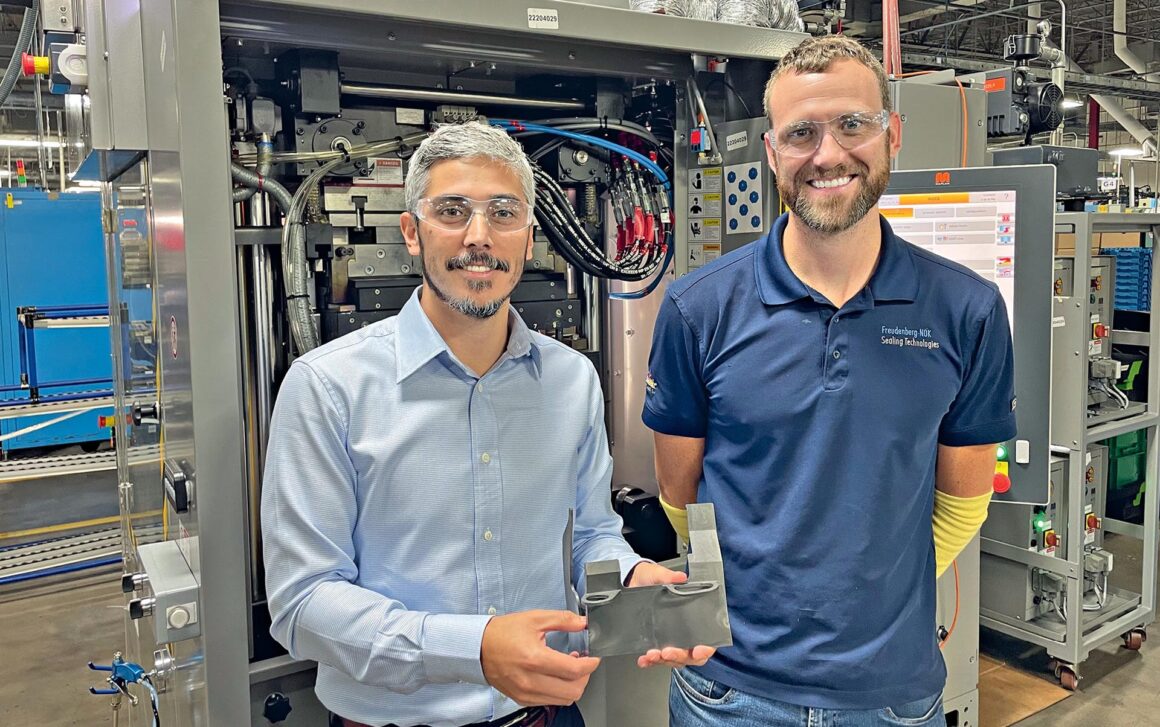
Into a new Technological Future
To underpin this new structure, FST has entrusted the technical directors in its divisions with new tasks and assigned them additional responsibilities. Their job is to strategically develop FST’s product portfolio, drive innovative solutions, and lead FST technology into a stable future.
Part of the mission is to set generally applicable operational and technological standards for FST. Everyone benefits when collaboration reaches beyond one’s immediate circle. The goal is to share experience and learn from the best. “For some divisions, a lot of things are suddenly different and new. Until recently, FST experts knew down to the smallest detail what their customers needed, knew the applications and requirements. Suddenly, new factors have come into play. Today, even our customers sometimes don’t exactly know what they will need in the future,” explains Espinoza. who is technical director of the Powertrain & Driveline Division. “The divisions have to learn about new applications, develop new products and materials for them, and manufacture them with new technologies. If you want to be successful in the market under these circumstances, you can’t afford to make many mistakes – even though the work often has to be done quickly.”
Today, P&D is working on thermal barriers, to cite just one of its developments. These products help to slow thermal runaway in lithium ion batteries. In the event of a fire, they give the occupants more time to escape the vehicle. An incubator team is now taking this innovation to market. “We have to keep in mind during development, what technological challenges might arise later in the production of an innovation. This enables us to avoid expensive and cost-intensive adaptations. At the same time, we can ideally design the processes in terms of continuous improvement right from the start. That’s why we have to coordinate on an interdisciplinary basis and define new standards,” explains Espinoza. The key is operational excellence from the start, he added.
He has the dual responsibility of maintaining the existing “cash cow business” on the one hand, and building up new business on the other. This “hybrid mode” of old and new, of past, present, and future, is very demanding. It requires the regular sharing of views and information among colleagues within the division, as well as a network beyond its boundaries. New cross-divisional exchanges involving technical directors and R&D leaders have been in place since July. Dr. Matthias Sckuhr, FST’s COO and CTO, heads the program.
